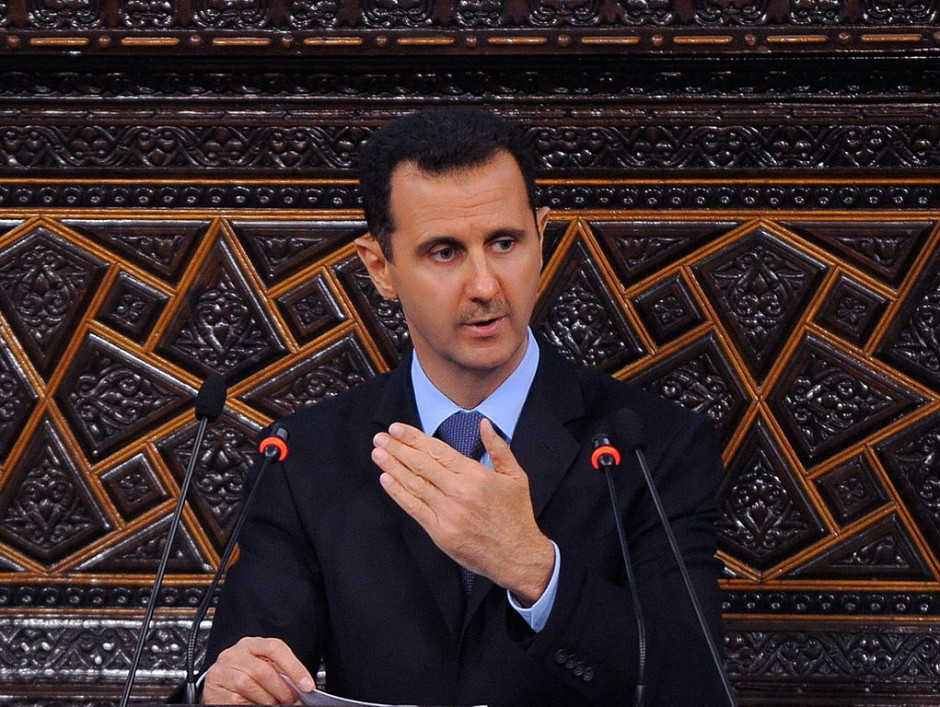Syria supposedly destroyed its stock of chemical weapons, all 1,300 tons of it, under an agreement reached by the United States and Russia two years ago. But there are strong indications that Syria, embroiled in a civil war that has claimed the lives of some 250,000 combatants and civilians since 2011, has not relinquished its entire arsenal of chemical weapons.
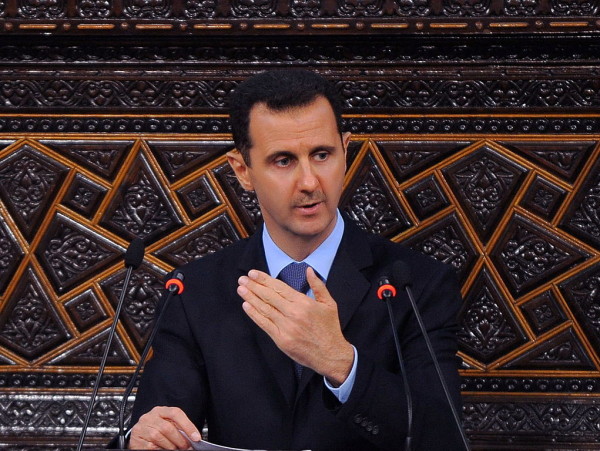
The Syrian regime of President Bashar al-Assad also faces the accusation that its forces have dropped chlorine-filled bombs from helicopters to beat back attacks from rebel forces. While the possession of chlorine is not banned under the Chemical Weapons Convention — which forbids the production, acquisition and use of chemical weapons — its use as a weapon is prohibited and could be considered a war crime.
The allegation that Syria is using chlorine as a weapon of war was raised by the United Nations earlier this week. The 15-member Security Council, in a unanimous vote on August 7, adopted a resolution creating a panel to identify the perpetrators, be they individuals or organizations.
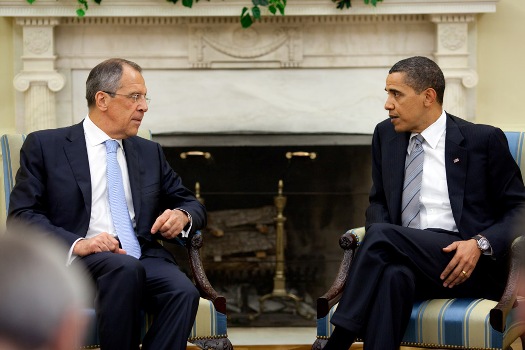
Russian Foreign Minister Sergei Lavrov and his U.S. counterpart, John Kerry, launched discussions on this issue after witnesses reported having seen Syrian helicopters dropping chlorine-laden bombs indiscriminately.
The Organization for the Prohibition of Chemical Weapons, which collaborated with the UN in overseeing the destruction of Syria’s array of poison gases, confirmed their claims.
Syria denies responsibility, but since Syrian rebels do not possess aircraft of any kind, the logical assumption is that Assad’s government should be held responsible and accountable for such crimes.
In the past four years, Russia — an ardent supporter of Assad — has vetoed three UN Security Council resolutions critical of Syria’s actions. Moscow was willing to co-sponsor this resolution because the Syrian government was not directly implicated in a crime.
“What we are trying to do is to get beyond the mere finding that (chlorine) may have been used and actually find out who used it and designate accountability for its use,” Kerry explained.
The issue concerning the use of Syrian chemical weapons first cropped up following allegations that forces loyal to Assad had deployed sarin gas in an attack on rebel positions near Damascus on August 21, 2013 that killed as many as 1,400 people.
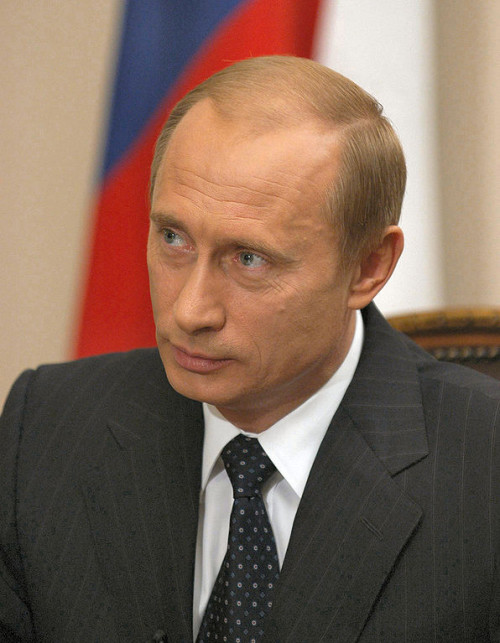
U.S. President Barack Obama had threatened a military response if Syria crossed a “red line” and used chemical weapons. Much to Syria’s relief, he shelved this threat after Russian President Vladimir Putin let it be known that Assad — Moscow’s closest ally in the Middle East — was willing to give up Syria’s stocks of poison gases and agents under international supervision.
The Organization for the Prohibition of Chemical Weapons, based in The Hague, was assigned to this task. The process was completed last August, several weeks ahead of schedule.
This prompted Obama to claim that the destruction of Syria’s stockpile “advances our collective goal to ensure that the Assad regime cannot use its chemical weapons arsenal against the Syrian people and sends a clear message that the use of these abhorrent weapons has consequences and will not be tolerated by the international community.”
But only a month later, the U.S. ambassador to the UN, Samantha Power, expressed concern that Syria might be concealing undeclared chemical weapons.
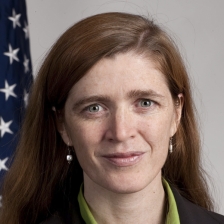
“I want to stress that much more work still needs to be done on Syria’s chemical weapons program,” she said. “The international community must continue to press for the resolution of all discrepancies and omissions in Syria’s original declaration.”
Sigrid Kaag, the UN official who coordinated the Syrian chemical weapons disarmament program, has also raised questions about this matter.
Last month, The Wall Street Journal reported that U.S. intelligence agencies have concluded that Syria is still hiding chemical weapons. The Syrian government gave inspectors access only to sites it had deemed part of its chemical weapons program. And since Syria protected the inspectors during their work in a war-ravaged landscape, it had effective veto powers over their movements.
“Nobody should be surprised that the (Syrian) regime is cheating,” Robert Ford, the last U.S. ambassador to be posted to Syria, has said. More intrusive inspections are required, he added.
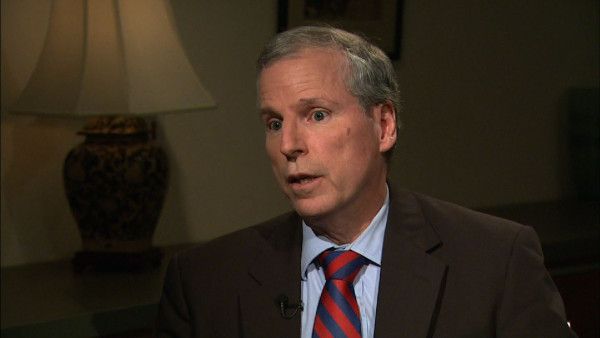
It remains to be seen what, if anything, the UN can do to ensure that Syria fully complies with its pledge to destroy all its chemical weapons.
